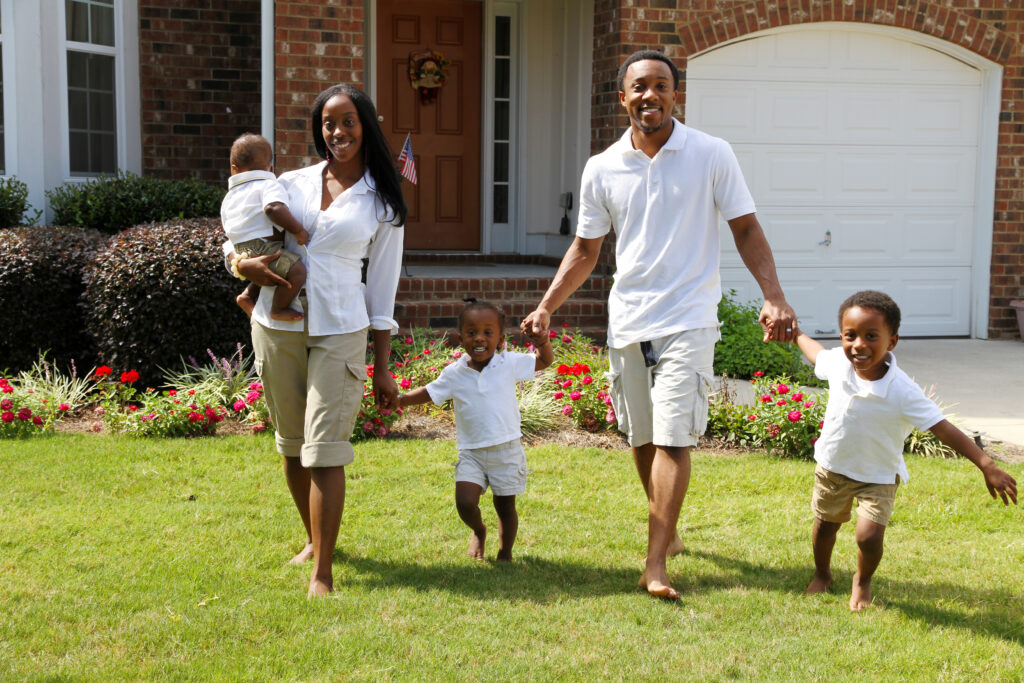There’s no doubt about it, being born in a certain order can impact how you are raised and thus also impact your personality development. Families that have multiple children all experience the various types of little people that eventually turn into adults. Even children with no siblings develop a certain personality trait. Here are the trends that come with birth placement and what parents comment about their children’s personalities.
FIRST BORN CHILD
For new parents, the first-born children are the most precious. Not only because they are the first, but novice parents often will protect the first child more because of a fear of the unknown coupled with the lack of knowledge that comes with being first-time parents. Often, new parents will make it up as they go along because they don’t have a complete understanding of how to raise a child.
Firstborns tend to bask in their parents’ presence, which may explain why they sometimes act like mini-adults. They are also prone to being diligent and wanting to excel at everything they do. As the leader of the pack, firstborns often tend to be:
• More respectful
• More reliable
• Have a more structured life
• Can be controlling
• Sometimes more organized
Since firstborns have their parents to themselves before siblings arrive, they’re accustomed to being the center of attention. They get everything first and they begin to expect that to continue as more children join the family. They also can develop a bigger bond with the grandparents when they’re the firstborn.
Because firstborns don’t have an example to follow, they’ll take risks, venture out on their own more quickly, and accomplish tasks and goals at a higher rate than their siblings.
There is a price to pay sometimes for firstborn children. They might take on a superiority complex with the rest of the siblings because they’re overachievers and expect royalty treatment from others. They can also be inflexible sometimes with society when they don’t get their way.

Because firstborns are given more responsibility at an early age, they can sometimes be demanding of their siblings. Firstborns serve as the babysitter for the family and their parents will often ask them to do things before they’ve matured. That burden can lead to excess stress that continues into adulthood if they’re not careful.
SECOND BORN OR MIDDLE CHILD
When the second child is born, the parents sometimes will have less than an iron fist when it comes to protecting them and have lower expectations. By this time, the parents understand the development of a child and thus expect the second child to fall in line with their own development as a child.
The second child might get less attention since there are children in the house. Therefore, the middle child is often a people-pleaser due to the lack of attention they get compared to older and younger siblings.
The second child might also have it easier than the first. Because they have an example of what to expect from the firstborn, they can adjust quickly to the ever-changing world that comes with growing up. They saw their older siblings go to school, do homework, play sports, be in a play, and interact with others.
The second or middle child might have to work for attention from the outside world because they are sandwiched between the responsible older sibling and the cute baby sibling behind them. Sometimes, the second-born or middle child can feel left out if they don’t feel like they belong.
In general, middle children tend to possess the following birth order personality traits:
• People-pleasers
• Somewhat rebellious
• Thrive on friendships
• Have a large social circle
• Peacemaker
Once a new baby is born, the secondborn must learn how to constantly negotiate and compromise to be heard or fit in. Those born as the second child also can be quite serious about life. They are more reserved than the prideful firstborn and aloof last-born child.

YOUNGEST OR LAST-BORN CHILD
Babies of the family tend to be the most free-spirited due to their parents’ increasingly laissez-faire attitude toward parenting the second (or third, fourth, or fifth) time around. As a result, the baby of the family tends to have the following birth order traits:
• Fun-loving or silly
• Uncomplicated
• Manipulative
• Outgoing
• Attention-seeking
• Self-centered
Since parents generally don’t have their eyes as glued to the baby as their firstborn, the youngest sibling might develop their own ways of gaining attention. They tend to be natural charmers with outgoing, social personalities; no surprise then that many famous actors and comedians are the babies of their families.
The youngest also make a play for the spotlight with their adventurousness. Therefore, free-spirited, the last-born may be more open to unconventional experiences and physical risks than their siblings.
There is no doubt the child born last is always the one to cause the most stress for the parent. Their personality development comes with getting away with the most or being allowed to do the most during their upbringing. This could happen due to the parents getting older or having an understanding that the fears that came with raising the firstborn diminished as they began to raise the last child.
THE ONLY CHILD
Being an only child is a unique position. Without any siblings to compete with, the only child monopolizes their parents’ attention and resources — not just for a short time like a firstborn, but forever.
Kids who don’t have siblings will often feel alone during their journey in life. Their parents will attempt to help them create meaningful relationships with other kids or families so the only child will feel included, but sometimes that attempt will fall short as the only child becomes an adult.
Children with no siblings will sometimes be overwhelmed with the attention of their parents. They can sometimes pull away or feel like they need their space with so much attention and expectation placed on them.
In addition, only children have the privilege (and the burden) of having all their parents’ support and expectations on their shoulders. Thus, only children tend to be:
• Mature for their age
• Perfectionists
• Conscientious
• Diligent
• Leaders
Kids with no siblings will often grow up and seek to have more than one child. Because they understand the loneliness that they went through, they will make sure that if they do have children, those kids have the siblings they never had.
It’s incredible to think that where you are born in the lineup of kids impacts your personal development. The truth is that those factors, plus a ton of others, help shape and ultimately define who kids become as they grow up. No matter the order, all kids are a blessing indeed.


